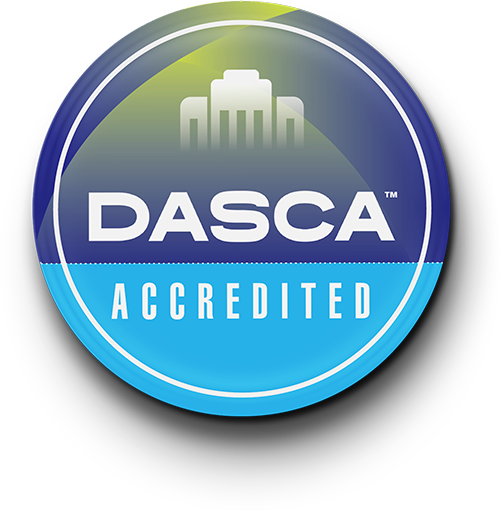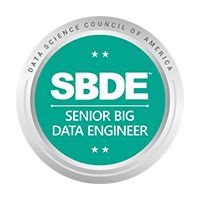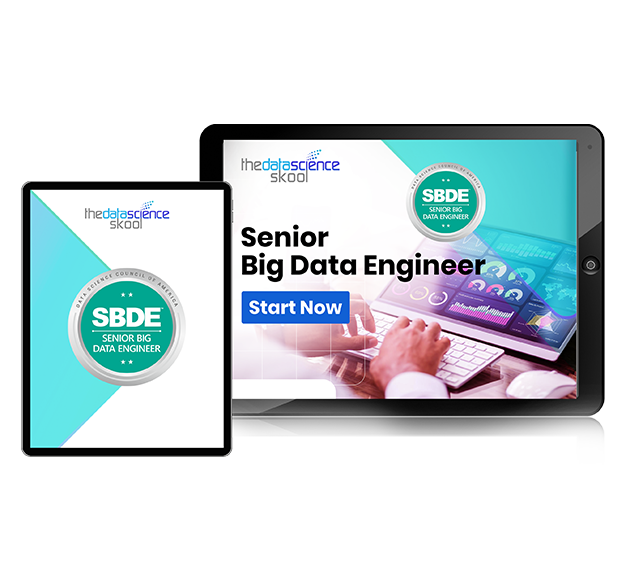Maintain your Credential
Keep Your SBDE™ Current
Your SBDE™ credential is valid for a fixed term and must be renewed periodically to maintain its recognition. DASCA makes it simple to keep your credential active through a quick renewal process designed for senior professionals in enterprise data engineering. By renewing, you’ll retain:
- Verified Global Credibility with a DASCA-issued digital badge
- Ongoing Recognition by employers, peers, and industry leaders
- Access to DASCA Updates on emerging tools, frameworks, and best practices















































